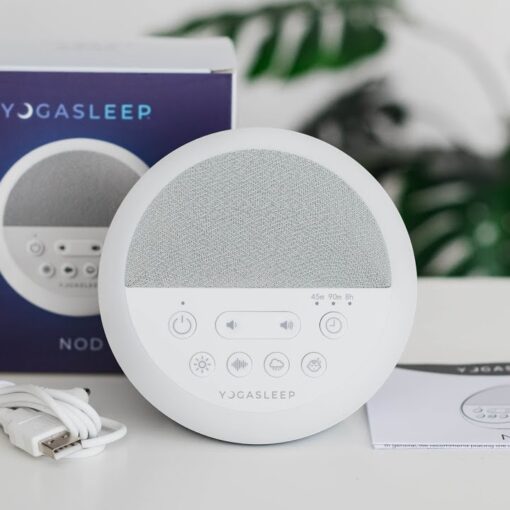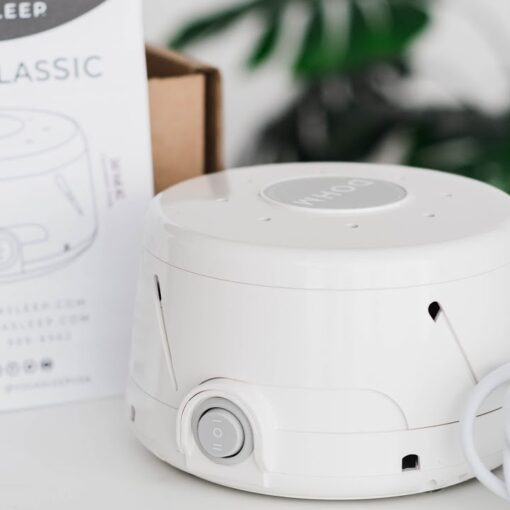If you live in a noisy neighborhood and you have trouble sleeping, you might be wondering how to block out noise while you sleep. There are many options available to you, including soundproofing your home, installing a floor fan, or installing acoustic tiles. You may also want to consider earplugs or a floor fan. Here are some tips for each method. Once you’ve adopted the new approach, you can begin to experience the benefits of noise-free sleep.
Soundproofing
There are a few ways to block noise while you sleep. First, consider the source of the noise. This can be traffic, noisy neighbors, or even honking cars. If you’re close to a road, you can block out the noise by insulating the window frame or adding a freestanding wardrobe with heavy coats. In addition, soundproofing your walls with thick curtains can keep noise outside.
Installing ceiling-mounted drapes is an excellent way to soundproof a room. This method works great for a shared bedroom, because the drapes can create a dramatic ambiance. You can also use cheap soundproofing foam. You can find this type of material online or in a store. Whatever you choose, make sure that you find a solution that works for your bedroom. You should also think about the layout of the room.
Another way to reduce the noise in your bedroom is to seal any cracks or gaps around windows. This will prevent noise from coming in and out of your bedroom. However, it is important to note that DIY soundproofing will not be as effective as formal soundproofing. Every room is different, so it may require some trial and error to find the right solution. It is important to note that acoustic sealant will not be effective if it does not fit your bedroom perfectly.
Installing acoustic panels is another way to reduce noise while sleeping. Some acoustic panels come in the form of boards or fabrics. They’re effective in preventing noise from bouncing off walls and doors. The AcousticDoor by Residential Acoustics is a retractable panel that reduces noise transmitted through doors by 30 decibels with a 25-pound core of sound-muffling materials.
You can also make your bedroom soundproof with heavy-duty window dressings. These window dressings can block out outside noise and help you sleep well. An average-sized acoustic curtain can weigh up to 15 pounds and lies flat against the window trim. While these curtains are heavy, they can be easily opened. Another option for noise-absorbing curtains is to wrap your head with a fine fabric or place it on the window. Noise-blocking curtains can also block street noise.
Using earplugs
When using earplugs to block out noise, you must choose between noise-cancelling and noise-masking varieties. Noise-cancelling earplugs are generally more expensive and feature technology to help you sleep. Noise-reduction earplugs, on the other hand, are generally basic foam. They do not block high-pitched sounds. You must determine what level of noise your earplugs need to block out before you purchase them.
In the market today, there are various types of reusable earplugs. Some are made from silicone or foam. Foam earplugs are cheaper but do not block out sounds as effectively as other types. Silicone earplugs, on the other hand, rest near the entrance of the ear and do not penetrate the ear much. Other types of earplugs are made from wax.
Environmental noise is known to have negative effects on people’s mental and cardiovascular health. Using earplugs while sleeping can reduce your risk of cardiovascular disease, depression, and obesity. Sleep-deprived people may experience mood swings, difficulty concentrating, and earwax buildup. Moreover, they might develop an ear infection while wearing earplugs. And if you do decide to buy earplugs for noise-cancelling purposes, it’s a good idea to read up on the safety measures.
While earplugs are the easiest way to block out noise, the size and shape of the ear plugs also play an important role. Some are too large for the average ear canal, while others are too big for side sleepers’ pillows. You should also keep in mind that a pair of earplugs should be snugly fitting to block out noise while you sleep, because the right ear plug can make all the difference.
The noise reduction rating (NRR) of ear plugs indicates how effective they are at reducing sound. Low NRRs are best for quiet sounds while high NRRs block out the most common noises. However, noise reduction ratings can also be inaccurate, so check with a doctor before choosing earplugs for sleep. If you can’t make up your mind about which earplugs to buy, a high-quality set of ear plugs may be better for your needs.
Using a floor fan
While ceiling fans are great for blocking out noise in the living room, a floor fan will provide a soothing whirr that will drown out background noise. This type of fan can be adjusted from 50 to 60 decibels, which is just enough to keep you comfortable. Some fans have three speed settings; the high setting may be too loud for some people, while the low setting will provide maximum comfort during the night. They also tend to be energy efficient and include attachable feet for easy placement on the floor.
Another benefit of using a floor fan to block out noise while you sleep is that it creates white noise, which is helpful for sleep. The gentle hum of the fan can soothe the body into sleep. If the fan isn’t strong enough to create white noise, try playing quiet music to drown out any outside noise. Otherwise, you can simply ignore the noise and use the music to distract yourself.
While a floor fan isn’t necessary to sleep, it can help you sleep more deeply. A floor fan has a quiet humming noise that may help you fall asleep or wake you up. A fan can be an important part of your bedroom’s decor, so consider this feature before buying one. If you don’t want to spend money on a ceiling fan, a desk fan is a good option.
The Oster air oscillation table fan is one of the most popular models. This unit is about fifty inches tall and produces a nice white noise. It includes a detachable grill to keep it clean. While this fan is a popular choice, some people have complained about its low CFM rating. They have also encountered a problem with newer models. Nevertheless, it is still worth considering for your own sleep.
Despite its low build quality, it can still provide an effective method of blocking noise while you sleep. With its power cord, you can easily reach an outlet to power it. Additionally, its circular stand base is easy to move around the room and won’t occupy a lot of floor space. When choosing a floor fan, consider the size and how the fan will fit on your bed or desk.
Using acoustic tiles
Sleeping soundly is essential for optimal health and well-being. However, many people are plagued by noise while they are sleeping, which can interrupt their quality sleep. Noise pollution can be caused by many sources, including snoring from other people. If you are a victim of this noise pollution, then you may want to invest in soundproofing solutions. Here are three ways to keep noise from interrupting your sleep:
First, try closing all the windows in your bedroom. Sound can enter through the opening beneath your bedroom door. Another good way to seal this area is to apply rubber weatherstripping at the bottom of your bedroom door. Using an acoustic tile to block out noise while sleeping is an effective way to keep noise out of your room. But before you do so, be sure to close all of your windows.
Second, try getting exercise during the day. Exercise will help you sleep better in the evening and will help you stay away from excessive noise at night. If you do not get enough exercise during the day, try rearranging your furniture to block out noise. Using acoustic tiles will help you sleep better at night. You’ll also feel more relaxed and refreshed. If you still cannot sleep soundly, consider installing acoustic ceiling tiles.
Another way to reduce noise while sleeping is to use thick rugs or carpeting. These types of materials will absorb sound from the walls and reduce the amount of sound that enters the room. You can also use acoustic panels on the walls and ceiling. The best thing to do is buy one or more of these and place them on the ceiling and walls. This will help you sleep better and be more peaceful.



